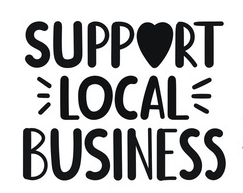Introduction In a world of globalized markets and online shopping, the concept of buying local holds immense significance. Supporting local businesses not only strengthens communities but also contributes to environmental sustainability. From fresher produce to a...
The Benefits of Buying Local: Supporting Communities and Sustainability
read more
